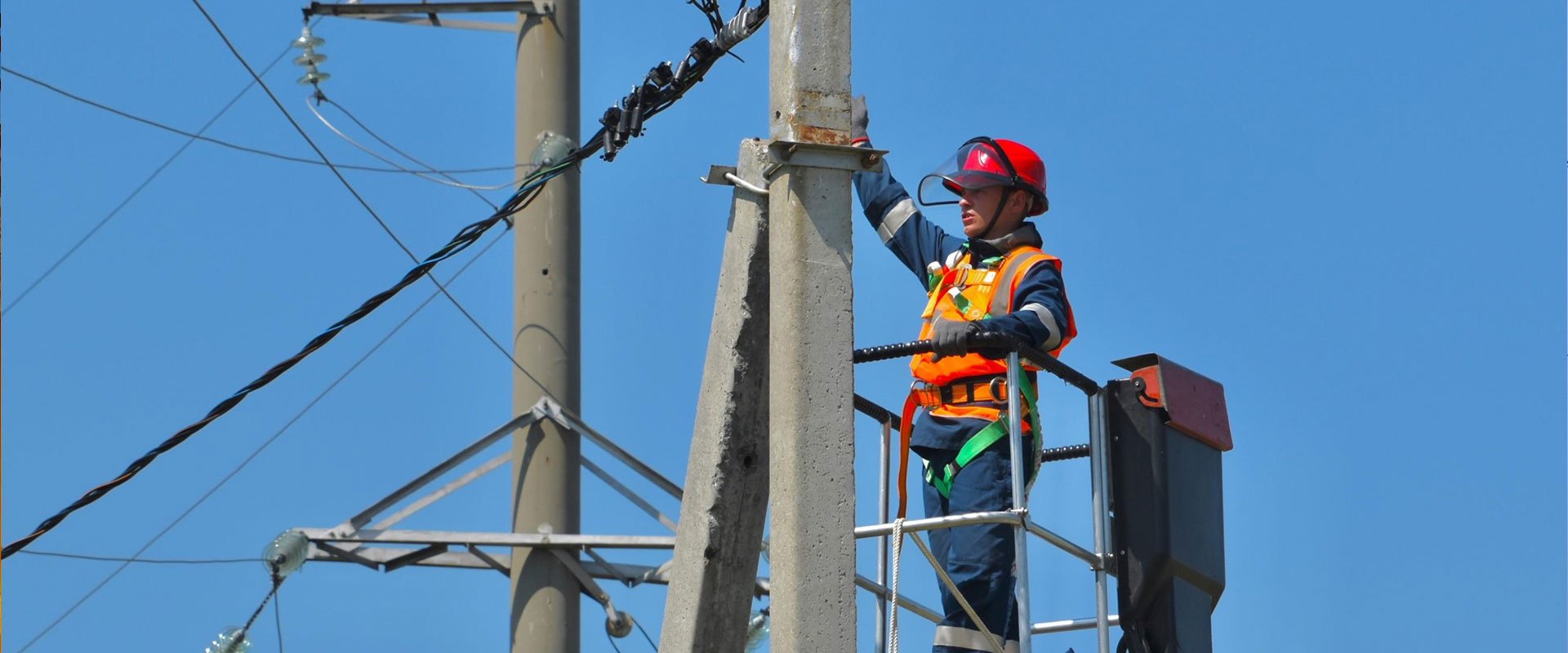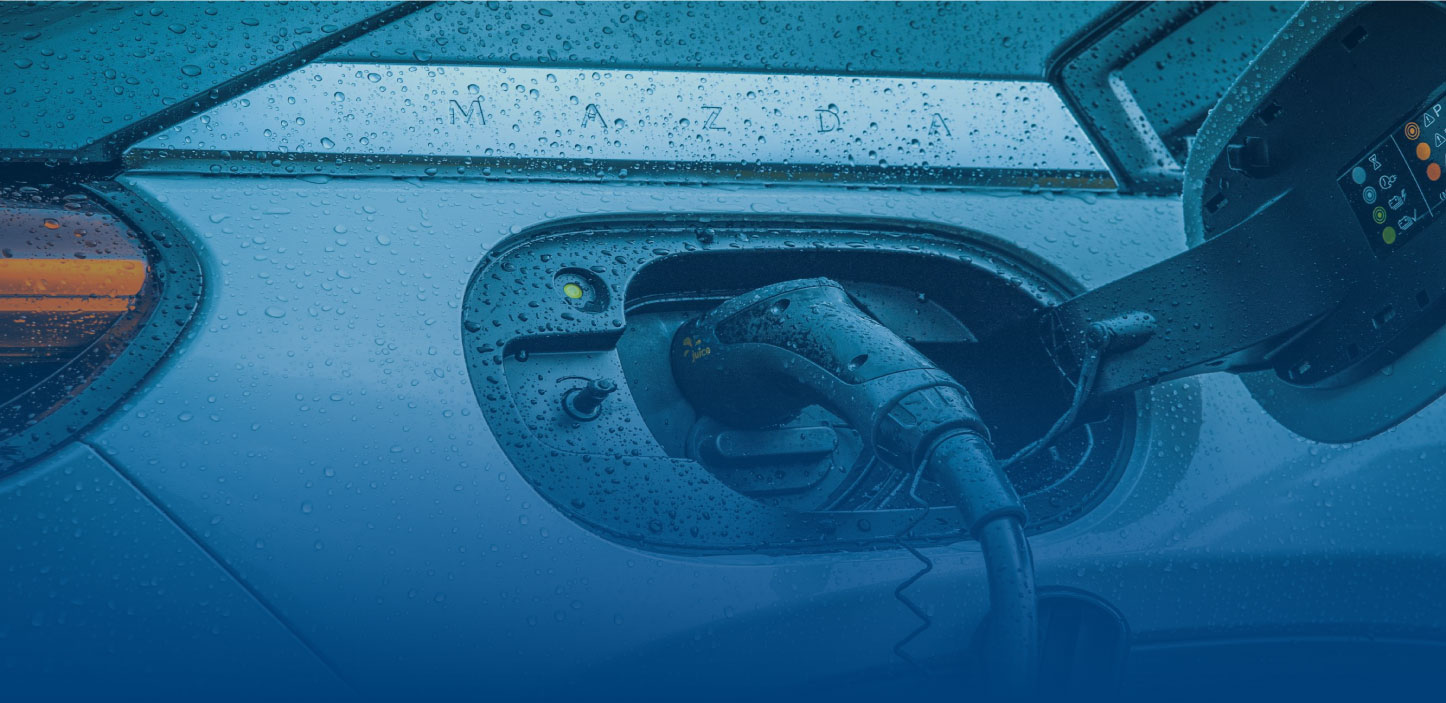SOUTH KOREA
South Korea is betting big on hydrogen. The market size of Korea is anticipated to reach Korean Won (KRW) 26.8 Trillion by 2030
The hydrogen economy is of key strategic importance to Korea, a country lacking in both conventional and easily exploitable renewable energy resources. Its industrial gases industry has long been influenced by Japanese, American and German technologies and standards, but as hydrogen begins to play a more transformative role in the broader economy, Korea is keen to ensure it has greater control over the technologies and standards that will underpin that transition. Building on this, the Korean government announced its Hydrogen Economy Roadmap in 2019.
The roadmap aims to deploy 15GW of utility-scale and 2.1GW of commercial and residential fuel cells by 2040. In terms of mobility, the goal is to have 5.9 million fuel cell cars and 60,000 fuel cell buses on the road by 2040 all supported by 1,200 hydrogen refuelling stations.
The announcement of Korea’s Green New Deal in July 2020 - a coronavirus stimulus plan outlining KRW 74 trillion (£47bn) in ‘green’ public-private capital investment by 2025 - should help the country on its way to achieving these aggressive long-term goals. Korea’s hydrogen industry is forecast to almost double in size from KRW 14.1 trillion (£9.1bn) in 2020 to KRW 26.8 trillion (£17.3bn) by 2030. This growth will be driven by investments from large local players such as Hyundai and Doosan who increasingly see hydrogen as a key growth engine.
Hyundai Motors intends to spend KRW 7.6 trillion (£4.9bn) under its ‘Fuel Cell Vision 2030’ programme and looks well placed to capitalise on its early-mover advantage in fuel cells, both by selling its own vehicles and by licensing its fuel cell systems to OEMs around the world.
Korea Gas Corporation (KOGAS) laid out its 2030 H2 business development targets in May 2019, construction of 25 H2 production plants , more than 700 km of H2 pipelines and operation of 110 HRS and 500 H2 tube trailers by 2030 - KOGAS
Hydrogen strategy roadmap and targets for S.Korea – A landscape view till 2030

Hydrogen strategy roadmap and targets for S.Korea – A landscape view till 2030 (Contd.)

Hyundai is indeed well –positioned to become a fuel cell system supplier to the bus OEMs in Korea. However, we cannot deny the fact that this might put us at risk of becoming dependent on our competitor when it comes to the critical technology. Therefore, we are also considering the option of a foreign supplier for the development of our own fuel cell bus - Mr. Chihwan KIM, Director of Purchasing Divison (Edison Motors)
More from the reports
- Identifying demand clusters for hydrogen in India as per end use industries - Urea & Ammonia
- Identifying demand clusters for hydrogen in India as per end use industries - Steel Manufacturing
- Identifying demand clusters for hydrogen in India as per end use industries - Refineries & Chemical Units
- Identifying demand clusters for hydrogen in India as per end use industries - Food Processing
- Identifying demand clusters for hydrogen in India as per end use industries - Power Plants
- Business case evaluation of hydrogen end use in mobility & transportation sector India
- Scaling infrastructure for potential demand clusters in India for hydrogen offtake
- Transcending India into a global hydrogen hub - Examining demand pockets for green hydrogen offtake
- Understanding global hydrogen production costs and curve downwards
- Demystifying hydrogen distribution and global supply chain for effective trade








